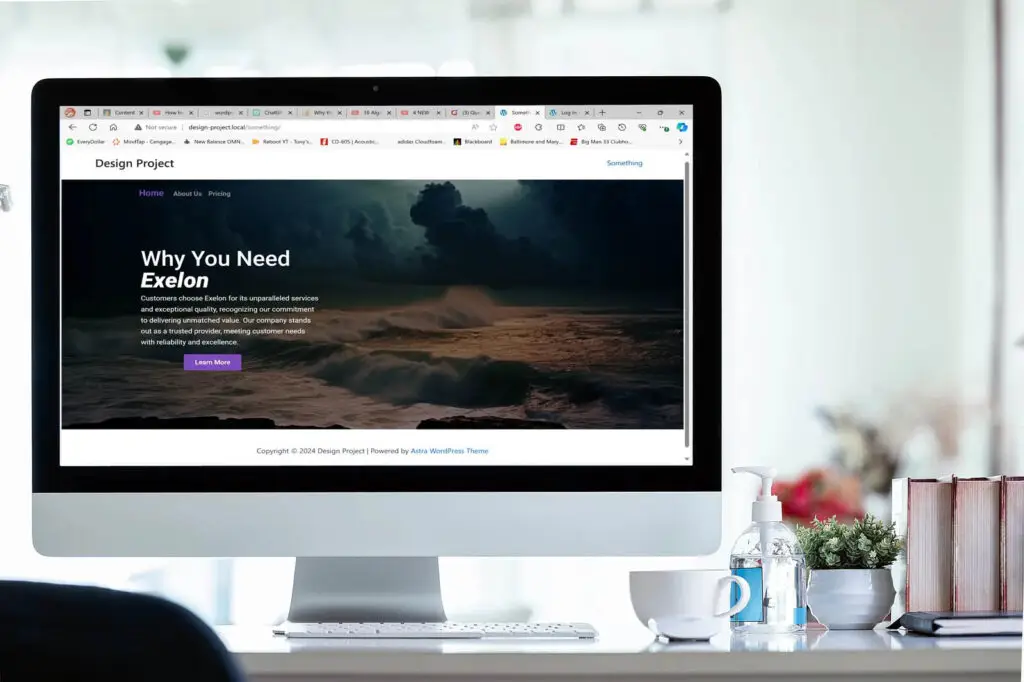Web design is a critical investment for businesses aiming to establish a compelling online presence in 2024. Whether you’re a small startup or a large enterprise, understanding the cost factors behind web design can help you plan effectively. Here’s a comprehensive guide on web design pricing for 2024, including factors influencing costs, typical ranges, and why investing in a professional website matters.
Key Factors That Influence Web Design Costs
Provider Type:
The cost of web design varies widely depending on who creates your website:
Freelancers:
Freelancers typically charge between $500 and $5,000 for a complete website. They are ideal for startups or small businesses with simpler needs, offering flexibility at a lower price point. However, their services might lack the depth and long-term support provided by agencies.Web Design Agencies:
Agencies provide end-to-end services, including design, development, SEO, and maintenance. Costs start around $3,000 and can exceed $100,000 for complex, custom projects. These teams often include specialized designers, developers, and digital marketers.Website Builders:
Tools like Wix, Squarespace, or WordPress are suitable for those seeking a DIY approach. Costs range from $0 to $300 upfront, with ongoing monthly fees of $14–$70 depending on the features you choose.
Cost Breakdown by Website Complexity
- Basic Websites:
- Cost: $6,500 to $15,000.
- These websites are best suited for small businesses or service providers. They typically include a homepage, contact page, and blog. Limited customization and functionality keep costs manageable.
- Intermediate Websites:
- Cost: $15,000 to $50,000.
- These sites often include responsive design, content management systems (CMS), and additional features like copywriting. Mid-sized businesses seeking growth-oriented solutions should consider this range.
- Advanced or Enterprise Websites:
- Cost: $50,000 to $100,000 or more.
- Highly customized and feature-rich, advanced websites are designed for enterprises needing robust database integrations, e-commerce functionality, or bespoke branding.
Additional Costs to Factor In
- Ongoing Maintenance:
- Websites require regular updates, hosting, and security. These costs range from $400 to $60,000 annually, influenced by site complexity and traffic volume. Domain names and SSL certificates cost an additional $12–$1,500 per year.
- Content Creation and SEO:
- Professional copywriting costs range from $50 to $500 per page.
- SEO services, crucial for visibility, cost between $1,500 and $5,000 per month.
- E-Commerce Integration:
- Adding e-commerce functionality increases costs by $5,000 to $25,000, depending on the number of products and features like payment gateways and inventory management.
Why Invest in Professional Web Design?
A well-designed website does more than attract visitors—it converts them into loyal customers. Businesses investing 6–20% of their marketing budgets into web design report higher satisfaction rates and stronger ROI.
- Improved User Experience: Custom designs enhance usability and engagement.
- Stronger Branding: A unique website reinforces your business identity.
- SEO Benefits: Optimized designs improve search rankings, driving organic traffic.
Strategies for Managing Costs Without Sacrificing Quality
Leverage Cost-Effective Providers: Startups can benefit from freelancers or website builders, while established businesses may prioritize agencies for their strategic value.
Use Pre-Built Templates: Templates save time and money without compromising professionalism.
Invest in Scalable Features: Prioritize essentials now and add advanced features as your business grows.
Bundle Services: Partnering with agencies offering design, SEO, and content creation as a package often reduces costs.
Conclusion
Web design costs in 2024 vary widely based on provider, complexity, and functionality. While it’s possible to build a website for as little as $500, investing in a professional design—tailored to your business needs—can drive growth and ensure long-term success. Evaluate your budget, goals, and scalability requirements to make the best choice for your business.





